Noise canceling headphones combine physical design with active electronics to reduce unwanted ambient sounds, letting you enjoy music or calls more clearly without turning up the volume too much.
Passive Isolation
Ear cups or pads physically block outside noise. Good padding and seal are part of what make some noise canceling headphones much more effective.
Active Noise Cancellation (ANC)
These headphones have external and/or internal microphones that pick up ambient sound. A digital signal processor (DSP) then creates an "anti-noise" sound wave (inverse of the incoming noise). The anti-noise and the original noise interfere destructively, cancelling much of the unwanted sound.
Learn More about Noise Canceling Headphones.
Adaptive & Hybrid Systems
Some noise canceling headphones adjust in real-time depending on the environment (e.g. inside a car vs out on the street). Hybrid systems use multiple mics—outside and inside the ear-cup—to better detect and cancel a wider range of frequencies.
Example: MorningBlues VWS X1 as a Top Choice
When you're choosing among noise canceling headphones, the MorningBlues VWS X1 noise canceling headphones is a strong pick. Here's why:
- Multiple noise modes (ANC / Transparency / Off) let you control how much ambient sound is let in.
- Excellent passive seal + high quality drivers = strong sound and ambient isolation.
- Long battery life: Even with noise canceling engaged, the performance remains solid.
If you often commute, want quiet spaces, or care about both style and function, a model like VWS X1 shows what premium noise canceling headphones can offer.

FAQ / Myth-Busting: Noise Canceling Headphones
- Do noise canceling headphones damage your hearing?
No, there's no evidence that ANC itself causes hearing loss. In fact, because these headphones reduce background noise, you don't need to crank up the volume to overcome external sounds. Loud volume is what harms hearing, not active noise cancellation.
- Does ANC block all noises and frequencies?
No. Noise canceling headphones are very effective for steady, low-frequency sounds (like engines, air conditioning hum). Sudden, high-frequency noises (dog barks, horns, sharp voices) are harder to fully cancel. The fit, seal, and quality of the ANC system affect how well different frequencies are blocked.
- Is the "pressure" feeling with some noise canceling headphones harmful?
Typically, it's not harmful. It's more of a perceptual effect — your ears are used to some baseline ambient low-frequency sound, and when that drops, your brain notices. If it feels uncomfortable, moderate the ANC level or take breaks.
- How much battery life do good noise canceling headphones have?
It depends. Using ANC drains battery faster. For example, high-performance models may advertise ~60 hours without ANC, but much less when ANC + high volume + other features are in use. Models like the MorningBlues VWS X1 headphones tend to deliver competitive battery life even when ANC is used.

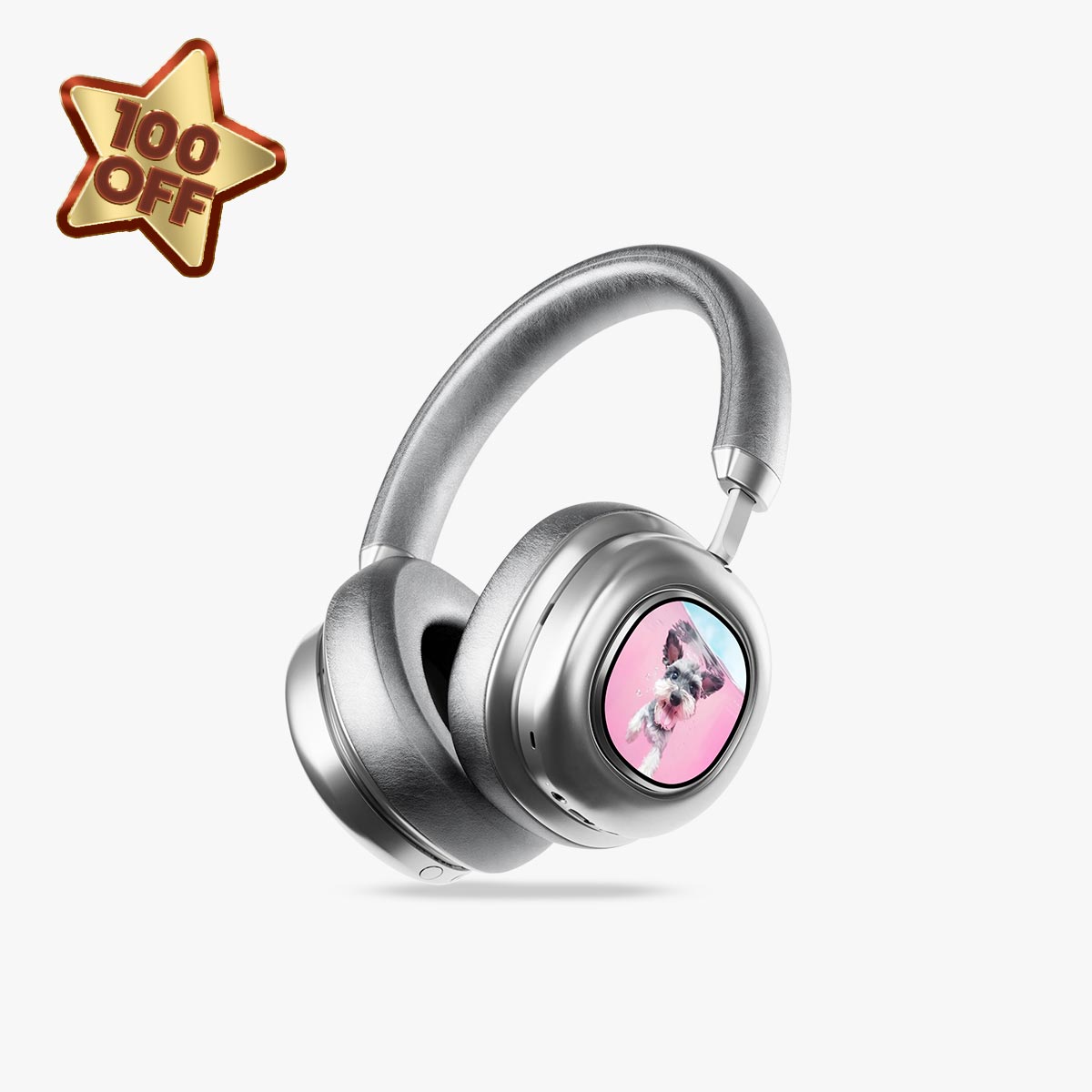
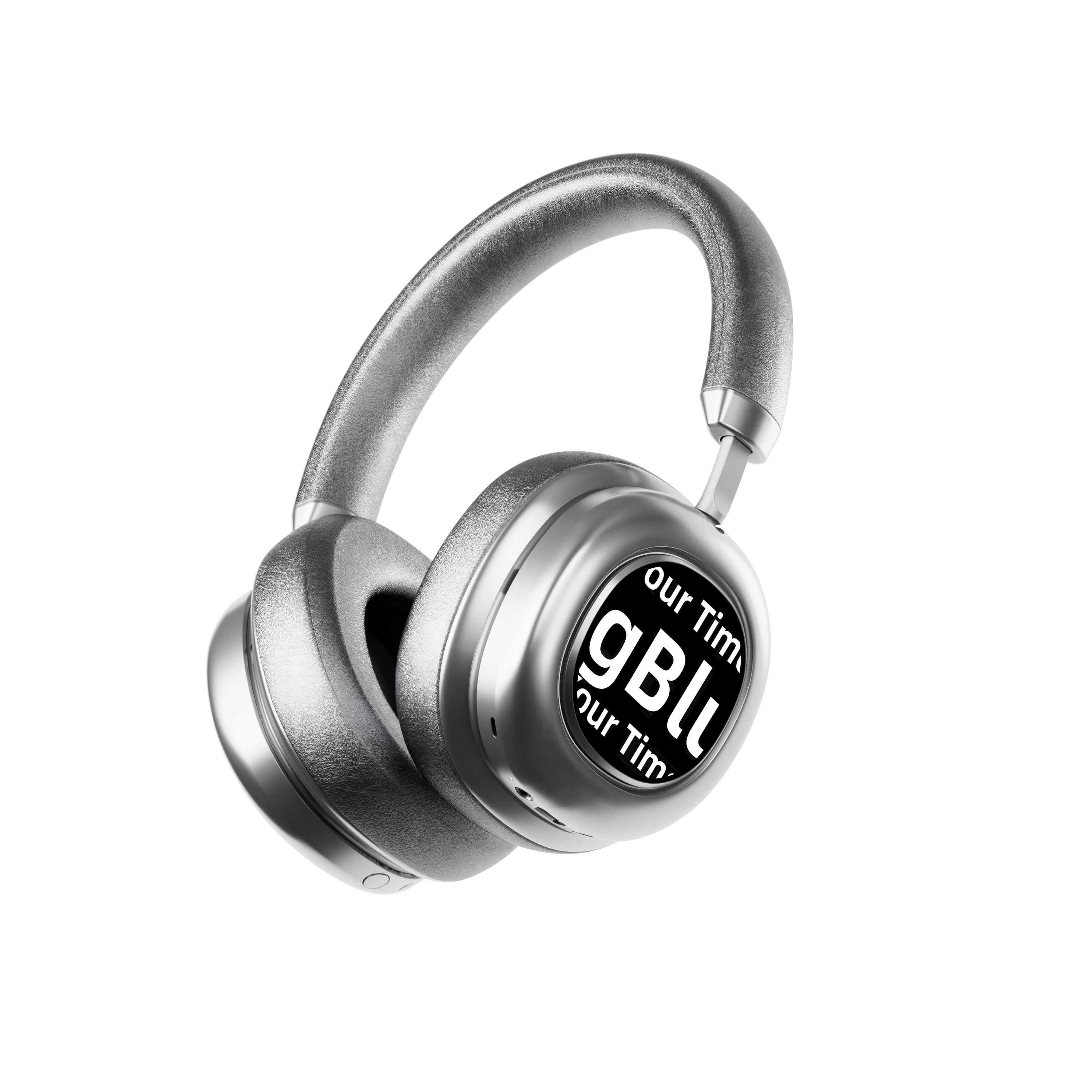
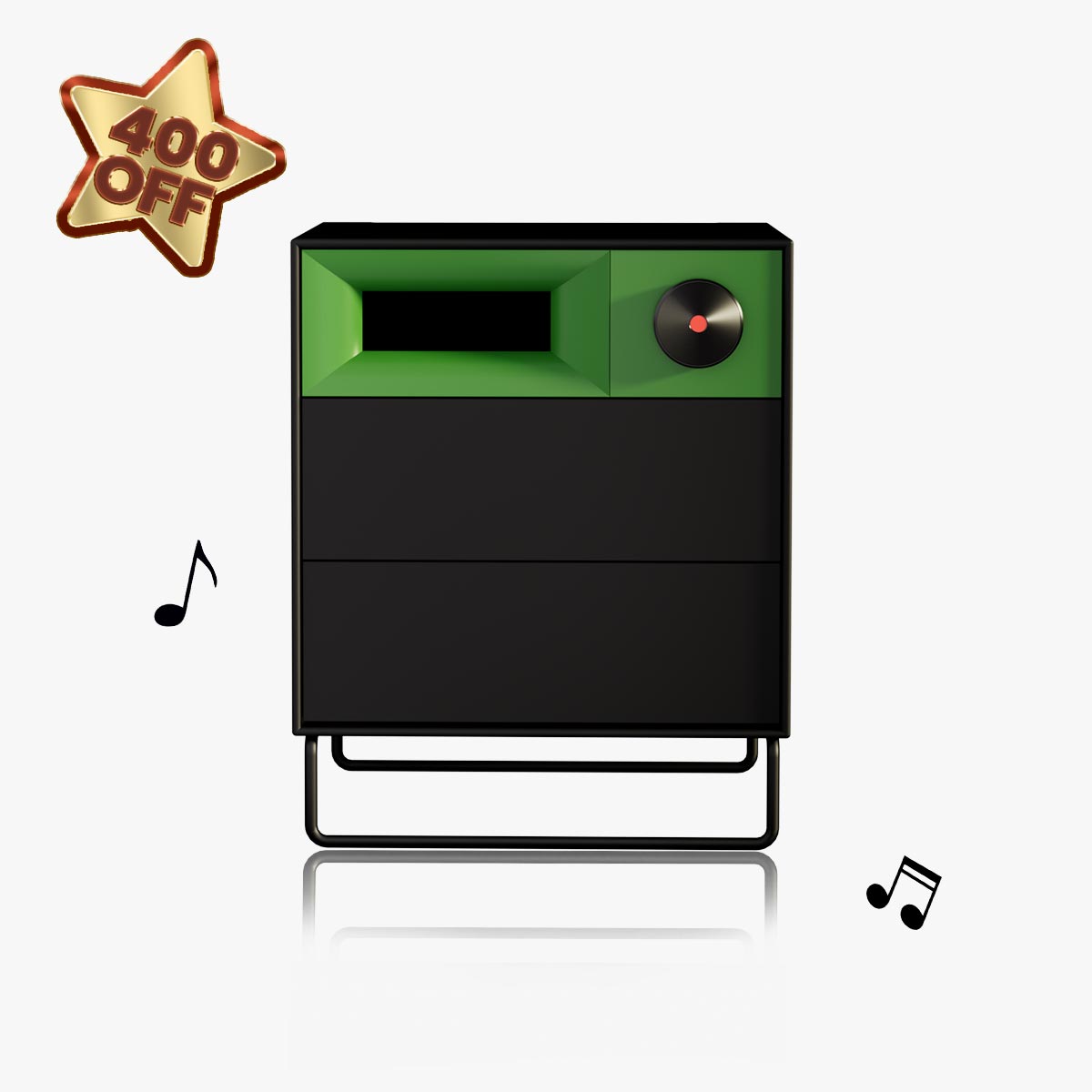
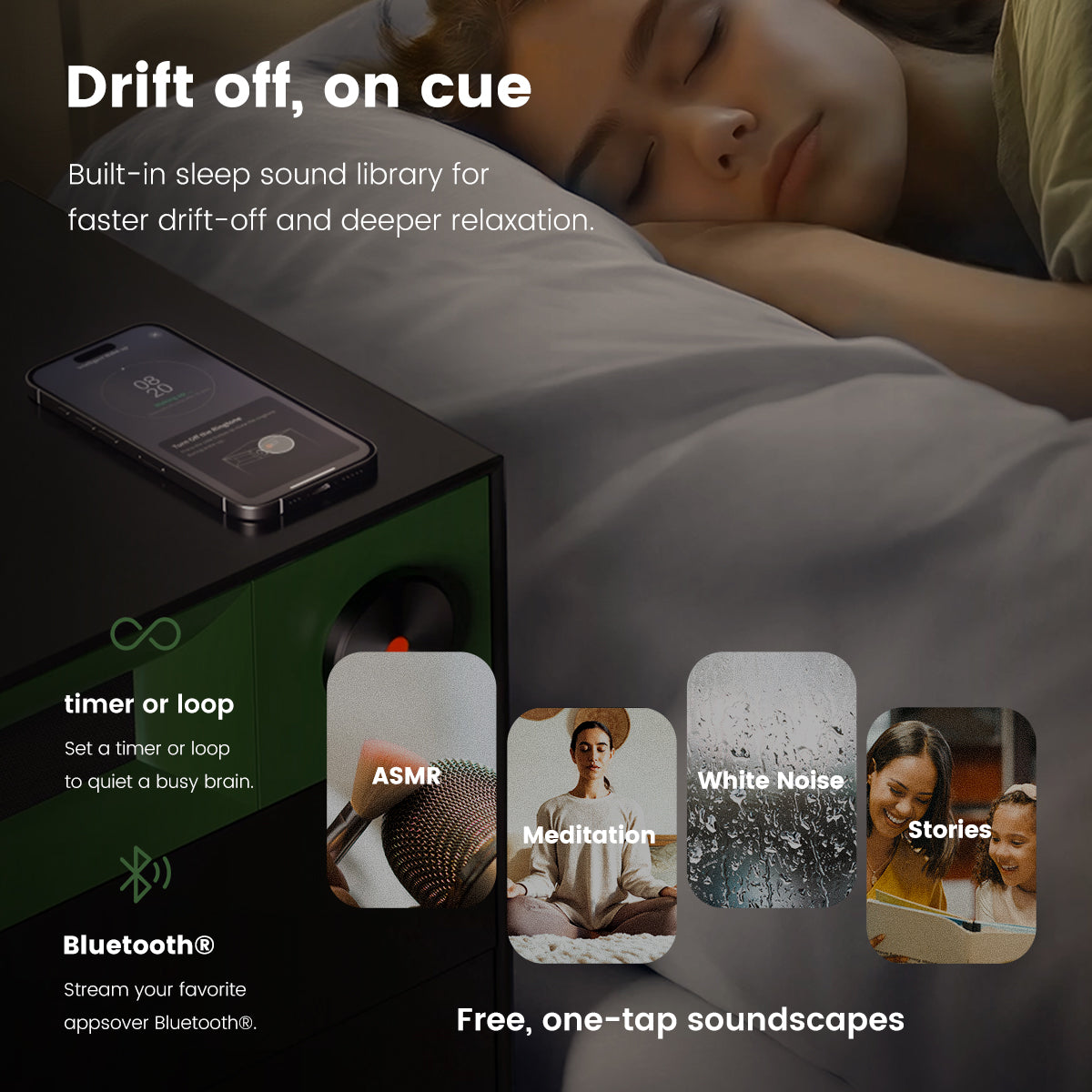
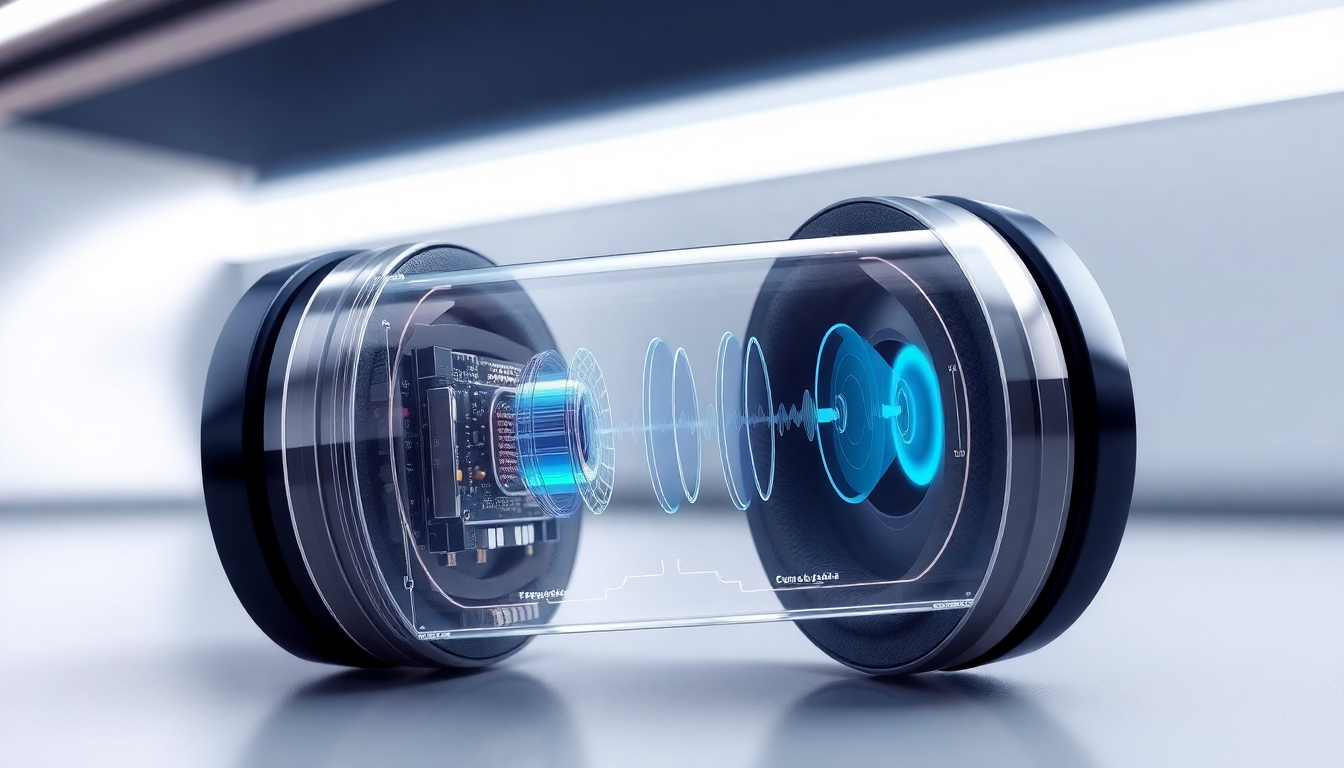


Leave a comment
All comments are moderated before being published.
This site is protected by hCaptcha and the hCaptcha Privacy Policy and Terms of Service apply.